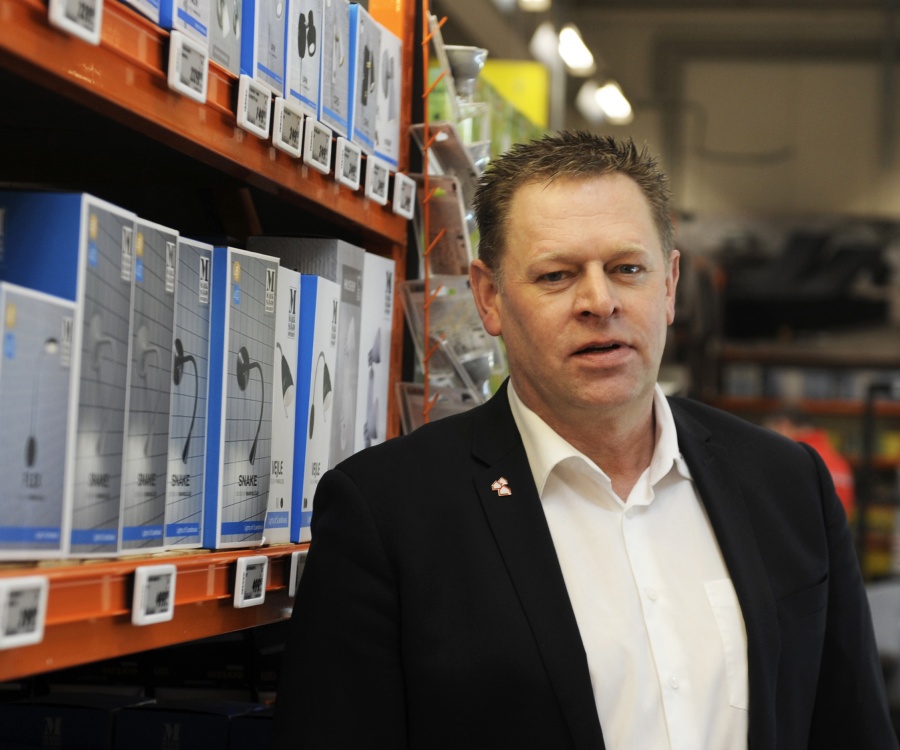JC Penney implemented a "best price" strategy in 2012, assuming consumers prefer fair, everyday prices as opposed to sale prices that are discounted from original, inflated prices. It was wrong. Longtime customers – loyal fans of sales and coupons – rejected the new pricing policy, and JC Penney reinstated its old pricing model that included frequent discounts.
In contrast, retailers like Zara, which sells women's and men's clothing, relies on a low rate of discounting and low stock replenishment or high product turnover. If customers don't buy a new product right away, it may disappear before they commit to buy.
But there is a third pricing strategy that incorporates the benefits of both approaches and allows the retailer to better match supply with demand. The "discount-frequently" pricing strategy allows retailers to charge high prices when demand is high and is flexible unlike an "every day low price" strategy or "static pricing."
"A firm that cares about attracting customers to the store as well as maintaining the flexibility to match supply with demand would benefit from the discounting frequently policy," says Pnina Feldman, assistant professor at UC Berkeley's Haas School of Business, Haas Operations and Technology Management Group.
In the paper, "Price Commitments with Strategic Consumers: Why it can be Optimal to Discount More Frequently ... Than Optimal" (Manufacturing and Service Operations Management, July 2015), Feldman and co-author Gérard P. Cachon, The Wharton School, University of Pennsylvania, found the discount-frequently strategy proved to be the most optimal.
The findings are based on game theoretic models that compared expected revenue and profits within different pricing strategies. All of the models assumed that customers incur a purchase "cost"--time and effort--to physically shop at a store and will only go shopping when they think it will be worth their while. Typically a retailer may increase prices when demand is high, or lower prices when demand is low. This is called "dynamic pricing."
When a retailer discounts prices frequently--even in cases where they would rather charge a high price--Feldman says customers are more likely to visit the store because they value the discounts. At the same time, by not committing to an "every day low price," it can still raise prices if demand turns out to be very high, and their customers will not abandon them. In this scenario, customers understand that demand may be high so they may not get a big discount; but given the store's history, they believe they are not being taken advantage of so it's worth it to continue to shop that store more.
The researchers also contend that customers are equally as strategic as merchants. The discount-frequently strategy is good, says Feldman, if the merchant wants to get more customers to visit the store. Customers may also delay their shopping in anticipation of future discounts. If the latter behavior is more important to the retailer, discounting frequently may not the optimal strategy. "Committing to discount frequently maximizes revenues by balancing the trade off between dynamic and static pricing," says Feldman.
"The discount-frequently strategy is about making commitments without sacrificing flexibility. Retailers think of dynamic pricing as charging the best prices to match supply and demand, " says Feldman. "But by implementing a dynamic pricing strategy that makes no price commitments, retailers do not take into account today's smart and savvy customers who will visit the store less frequently if they can't depend on good prices and product availability."
Source: University of California - Berkeley Haas School of Business










